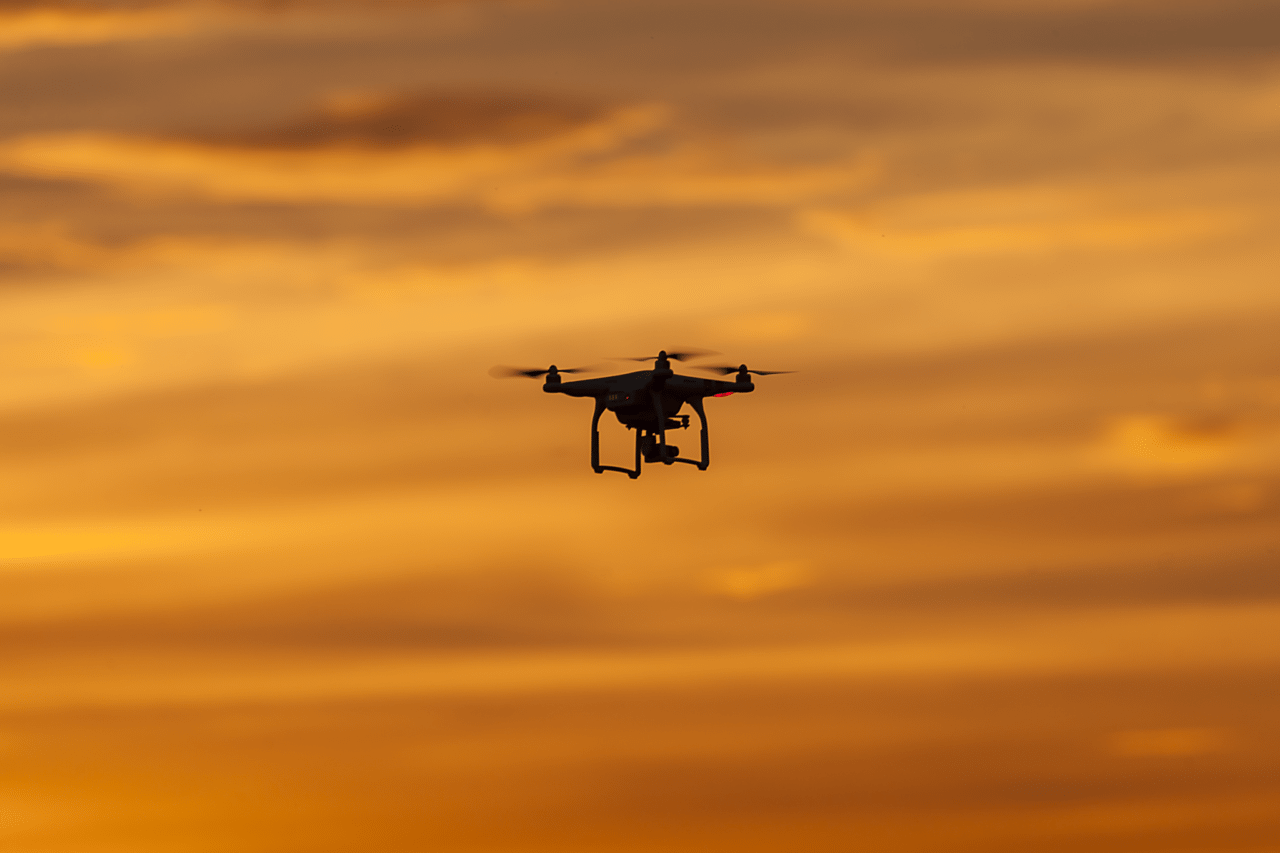
(Greg Clarke)
Legislation in the Senate permitting the use of technology to defeat potential threats from drones is necessary to enable the testing and evaluation of these technologies in operationally relevant environments, a Department of Homeland Security (DHS) official said Wednesday.
Current law allows for detecting and tracking of UAS, “but we’re not able to take any mitigation actions,” William Bryan, the Trump administration’s nominee to be DHS Undersecretary of Science and Technology, said at his Senate confirmation hearing. “That’s a significant concern across the entire department. We cannot even do research, development, testing and evaluation (RDT&E) in an operational environment.”
Sen. James Lankford (R-Okla.) said that in events where large numbers of people are gathered, they are counting on technology to protect them, including from drones that may pose a threat. He asked Bryan what research DHS has been able to do in the area of mitigating UAS threats.
Bryan replied that that DHS has done “limited research” on counter-drone technologies and is “well aware” of the existing systems in the space, but actual testing in an operational environment is a “challenge.” Testing on federal lands with wide open spaces occurs but “it doesn’t replicate an operational environment at all,” he said.
What’s needed is to be able to test these technologies in urban environments, because “when you get into a city environment where the buildings are taller, technology is going to react very differently and that’s the challenge we face by not having the ability to” test and evaluate anti-UAS systems in these environments.
Continue reading on Defense Daily.